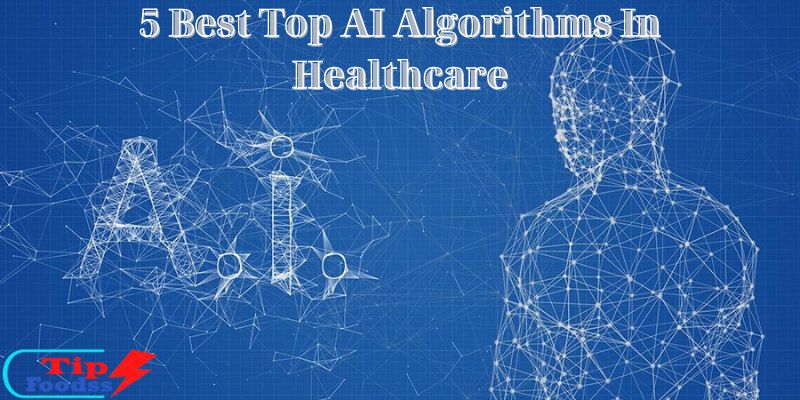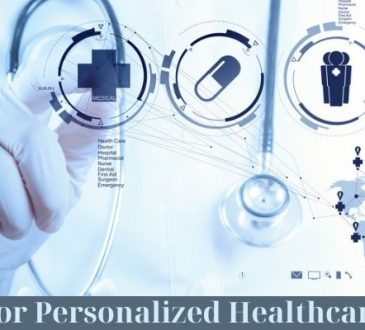5 Best Top AI Algorithms In Healthcare
tipfoodss.com created a list to keep track of the best smart AI algorithms in healthcare aiming for better diagnostics, more sophisticated patient care, or further sighted illness forecasts as artificial intelligence tools have been penetrating more or less every field of healthcare.
Contents
1) The algorithm spotting DNA mutations in tumors – AI algorithms in healthcare
The fact that malignant tumors have a propensity to mutate, grow, evolve, and alter is one of the many reasons why treating cancer is so immensely challenging. In recent years, researchers learned that cancer’s DNA also changes, in addition to the disease itself. The genetic study of tumors became feasible when sequencing prices drastically decreased, and recently, human professionals with the assistance of computational tools started to examine the data to determine what sorts of genetic changes, or mutations, occur.
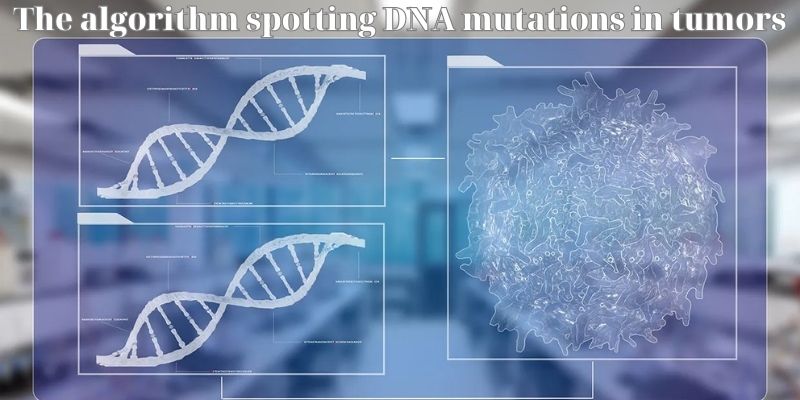
Personal Genome Diagnostics in Baltimore created a new technique incorporating machine learning to improve the accuracy of finding mutations in malignant tissues and automate the tumor DNA testing procedure. The doctor can select the patient’s unique focused treatment with that outcome in mind.
2) Can AI score better in classifying heart images than humans? – AI algorithms in healthcare
Cardiologists can tell if a patient has heart disease via the echocardiogram’s sound waves, which create an image of the heart. It is a common test to determine whether the heart is the source of chest pain or shortness of breath, whether there are issues with the heart’s valves or chambers, or whether a congenital heart abnormality exists.
The Smidt Heart Institute and Division of Artificial Intelligence in Medicine at Cedars Sinai researchers made a fascinating advancement in this area. They reported that when compared to sonographers’ assessments of echocardiograms, artificial intelligence (AI) performed better at evaluating and diagnosing heart function. Cardiologists assessed 3,495 transthoracic echocardiography studies in this first randomized, blinded trial, contrasting first evaluation by artificial intelligence or by a sonographer. One of the key findings was that cardiologists more commonly concurred with the original AI assessment, hence they only corrected 16.8% of the initial AI assessments while simultaneously correcting 27.2% of the initial sonographer assessments.
It goes without saying that this was not the first attempt to employ AI in cardiology. An AI system that can categorize echocardiograms according on the type of view displayed was previously trained using deep learning by Rima Arnaut, an assistant professor and practicing cardiologist at UC San Francisco. The computer has a 92 percent accuracy rate when sorted the photos with expert cardiologists. Only 79% of the answers were right for humans.
3) Heart attack predicting algorithms – AI algorithms in healthcare
In addition to classifying better than doctors, intelligent AI algorithms in healthcare are also better at predicting outcomes based on a variety of variables. In order to forecast which individuals might experience heart attacks or strokes within the next ten years, researchers at the University of Nottingham in the UK developed a system that examined patients’ normal medical data. The AI approach successfully anticipated the outcomes of 355 more patients as compared to the traditional way of prediction based on well-established risk factors such high blood pressure, cholesterol, age, smoking, and diabetes.
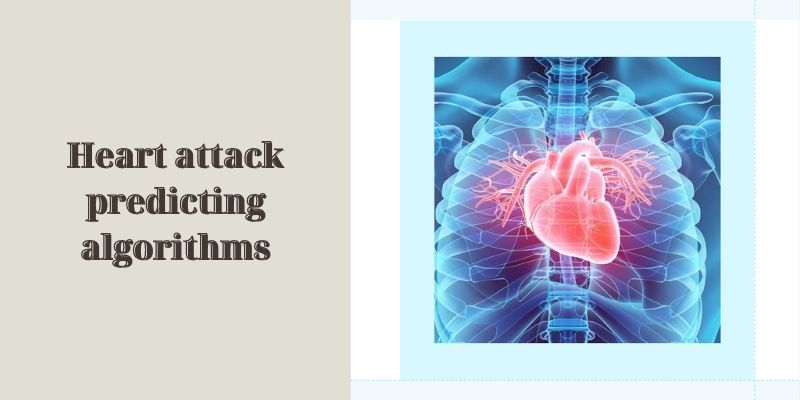
There are a lot of promising initiatives in this area; some try to predict heart attacks years before they actually happen; another separates treatable from untreatable sudden cardiac arrests; and this algorithm aids in more precisely detecting heart attacks in women, whose condition frequently goes unnoticed under normal circumstances.
4) More precise skin cancer diagnoses with AI – AI algorithms in healthcare
Around 1.5 million non-melanoma skin cancers and 325,000 melanoma skin cancers are reported to occur each year globally, according to data from the WHO. In the battle against the disease, digital health technologies like telemedicine, AI, and smartphone apps like Skin Vision are leading the charge.
Although other research teams have already constructed sophisticated AI algorithms in healthcare for diagnosing skin cancer, the one developed at Stanford University is probably the most reliable approach to date. It was calibrated with a set of almost 130,000 scans of skin lesions from more than 2000 diseases after being trained on more than 1.28 million photos. That is now the largest dataset being used for automated skin cancer categorization.
5) AI systems for the ICU – AI algorithms in healthcare
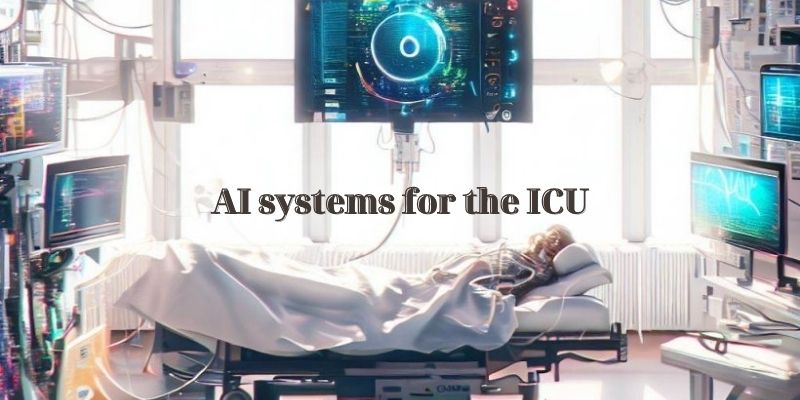
Battlefields for human life are found in intensive care units. Patients are constantly being watched after by an army of equipment because every second counts. Bedside monitors that continuously beep display the patient’s blood pressure, heart rate, and other vital signs. A machine ensures that the patient’s lungs and heart are functioning as effectively as possible. However, in the concert of ICU treatment, these instruments are typically not coupled; they are standalone components.

